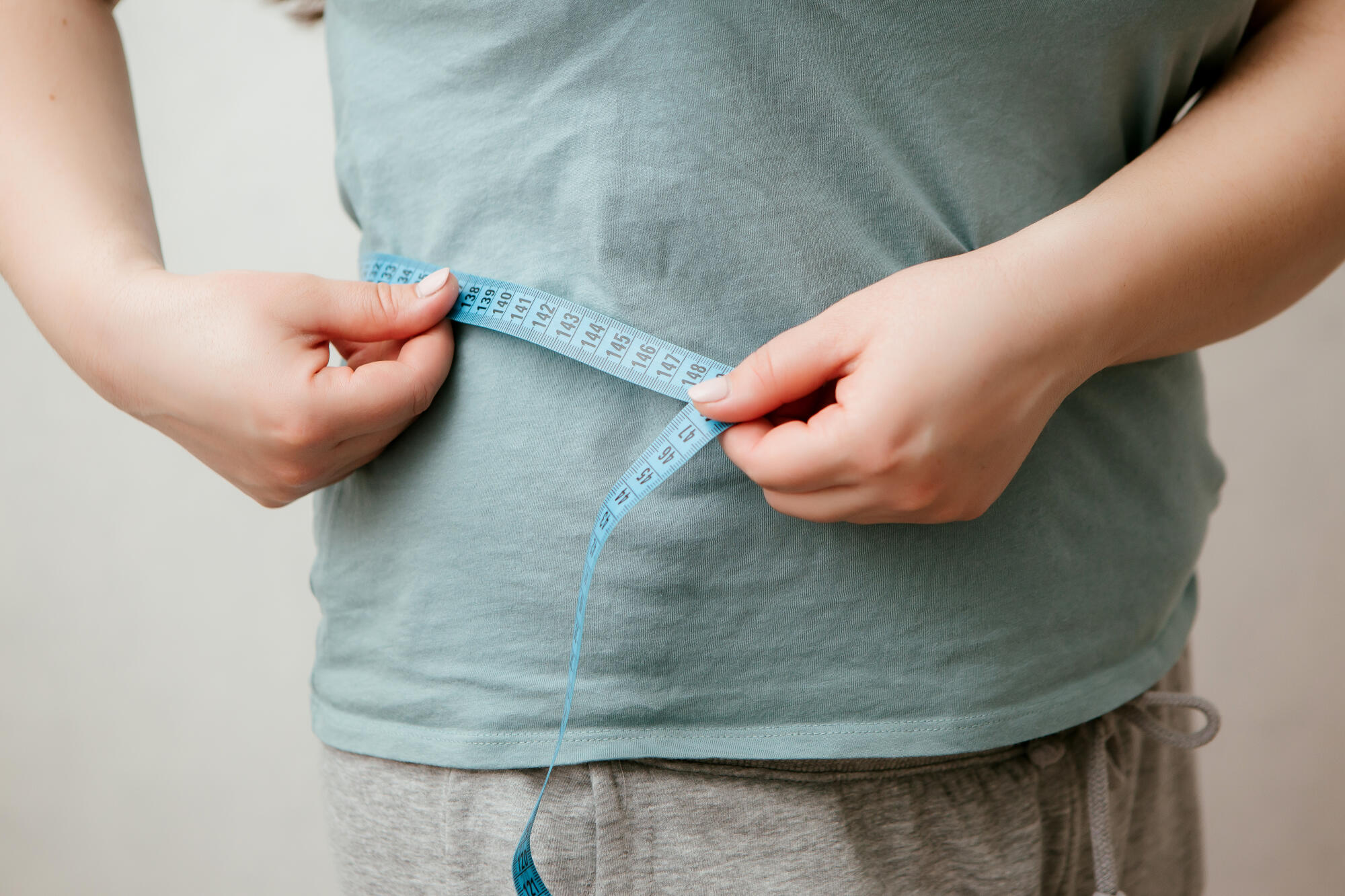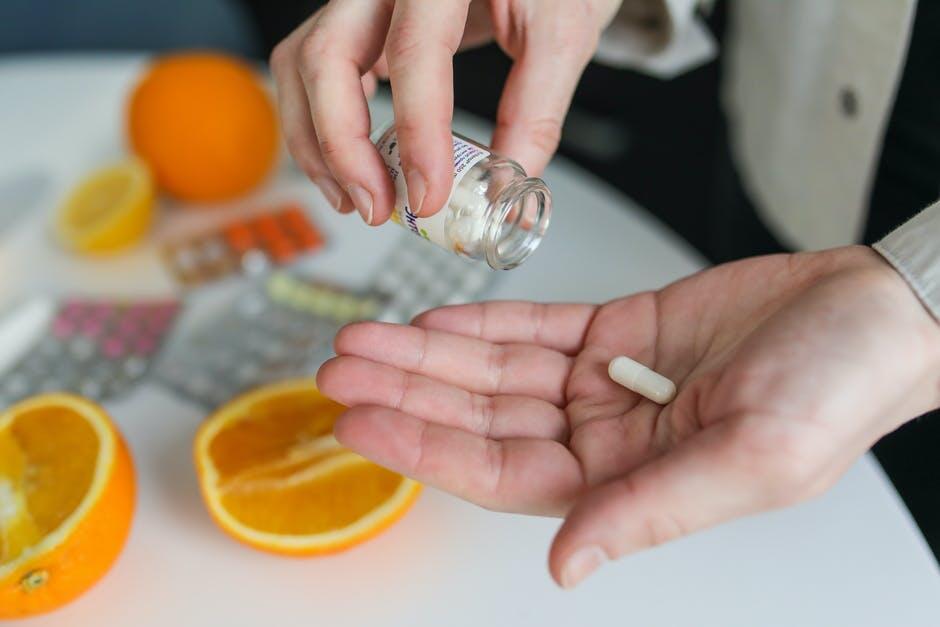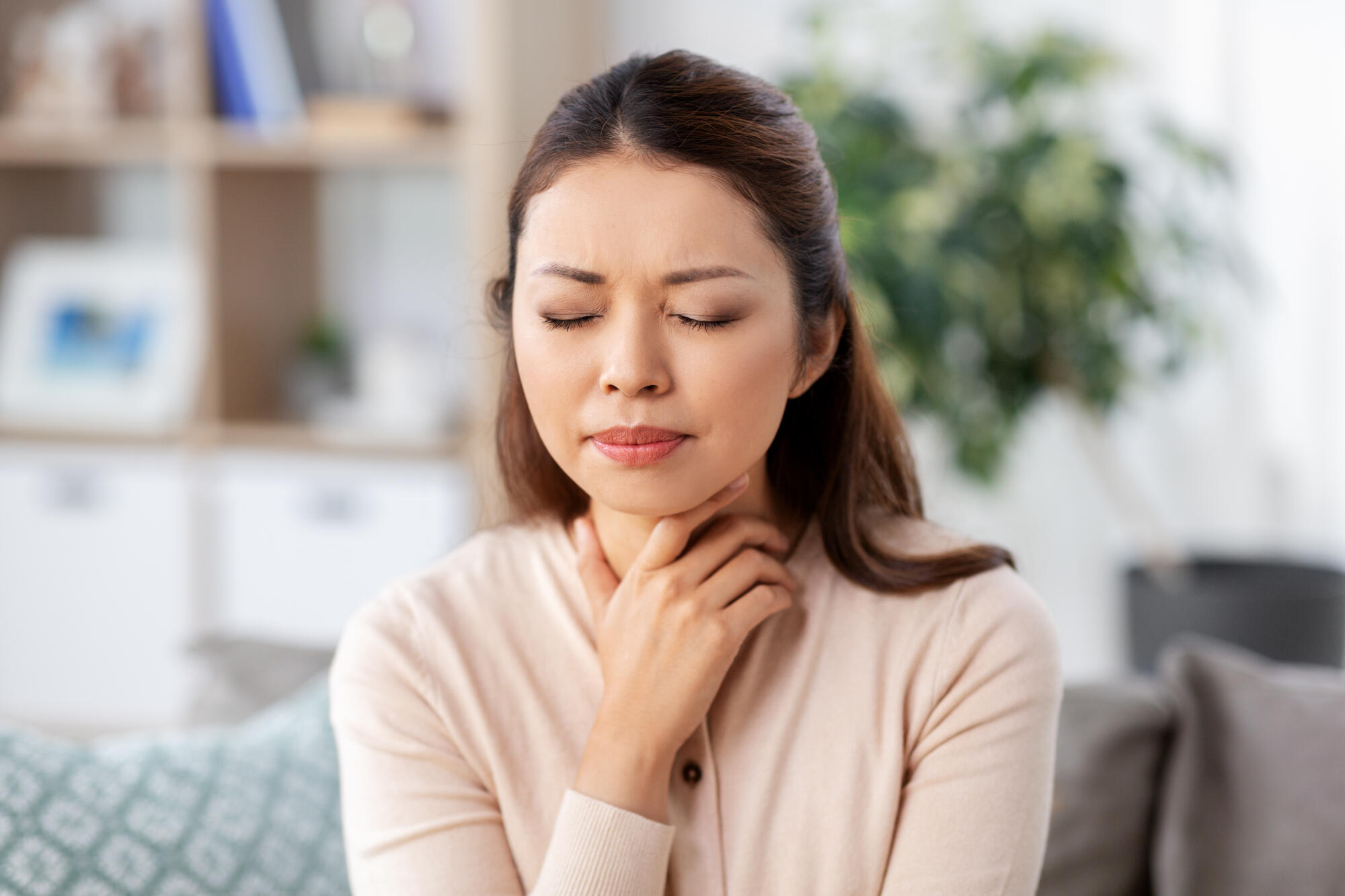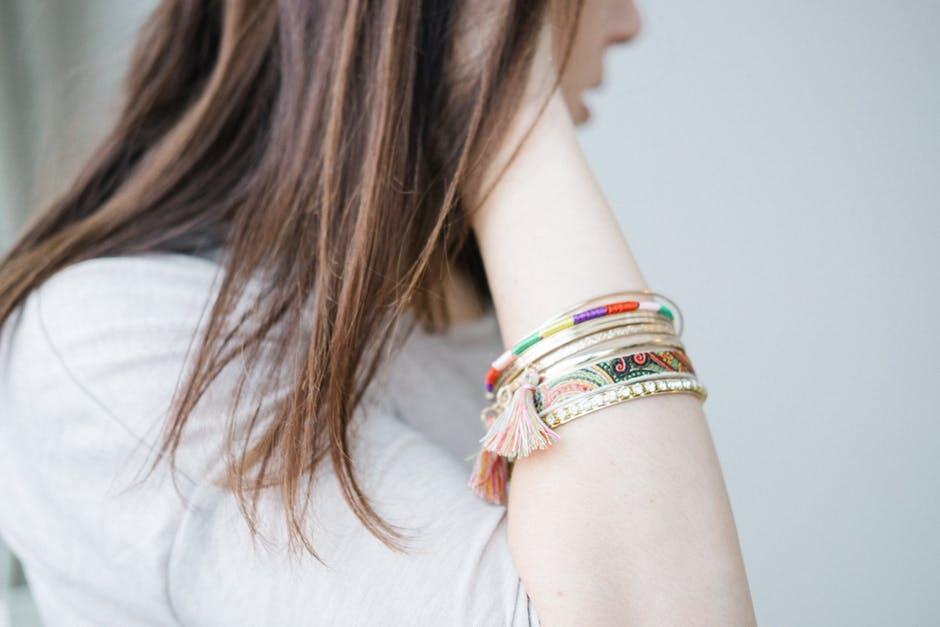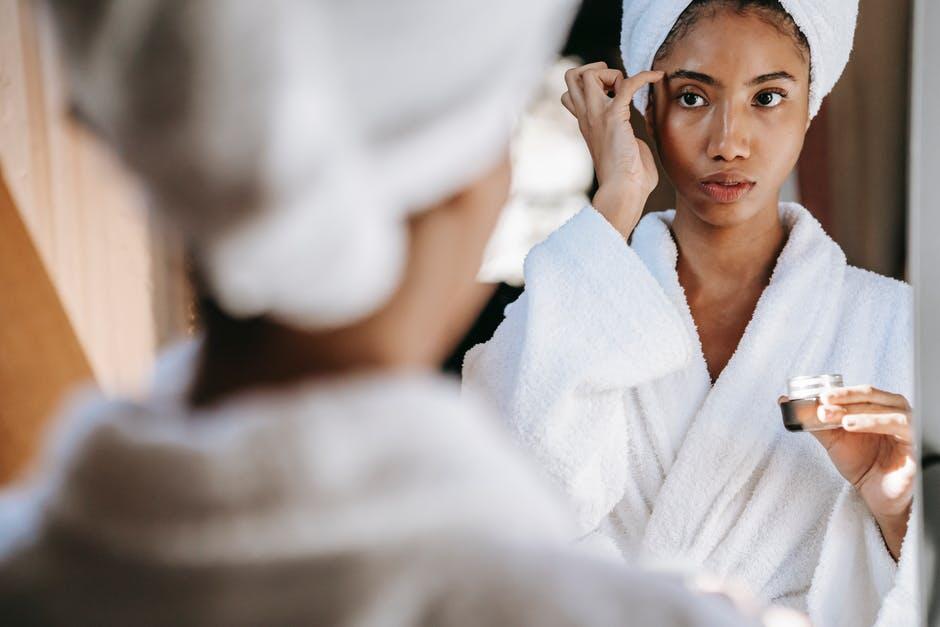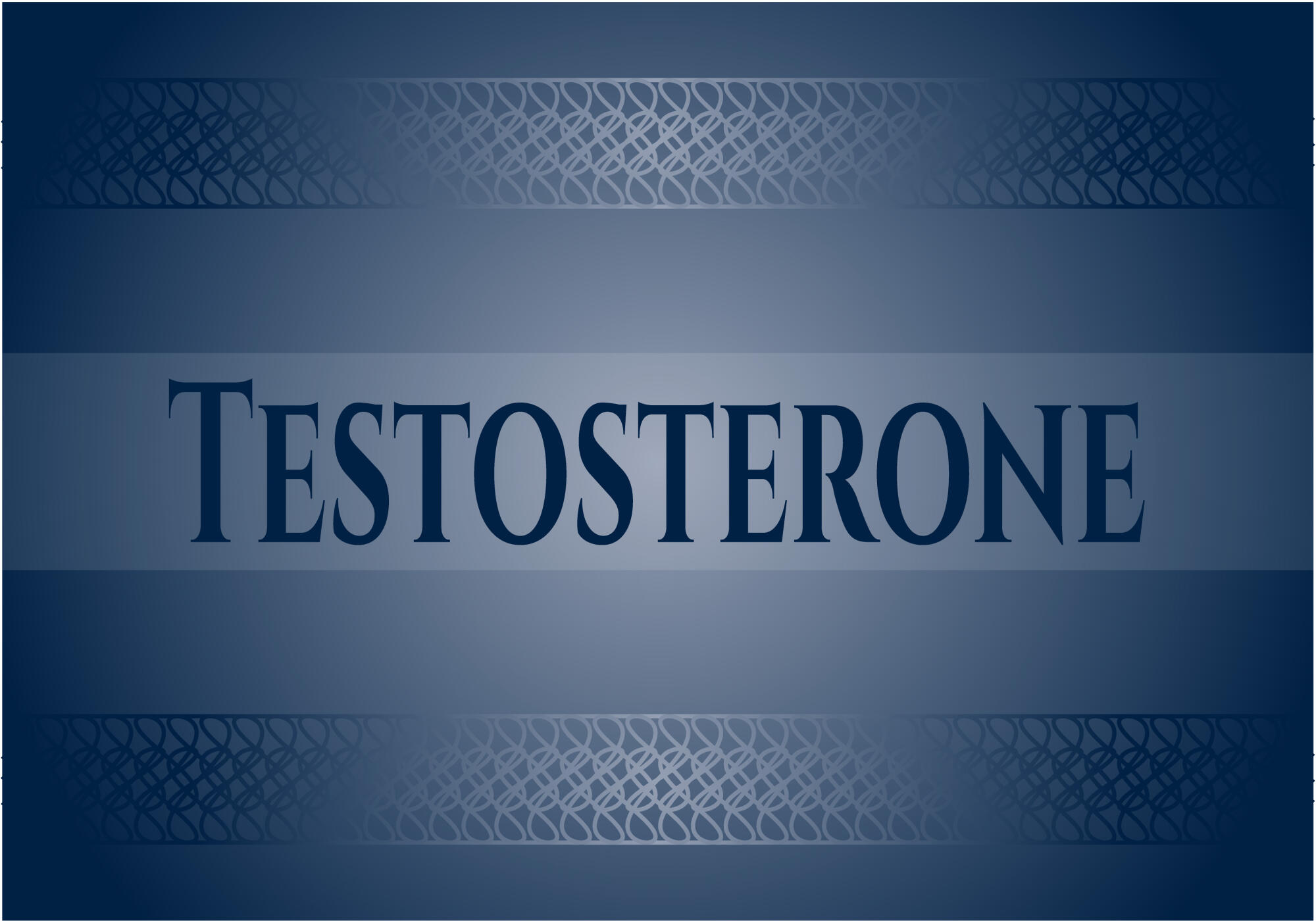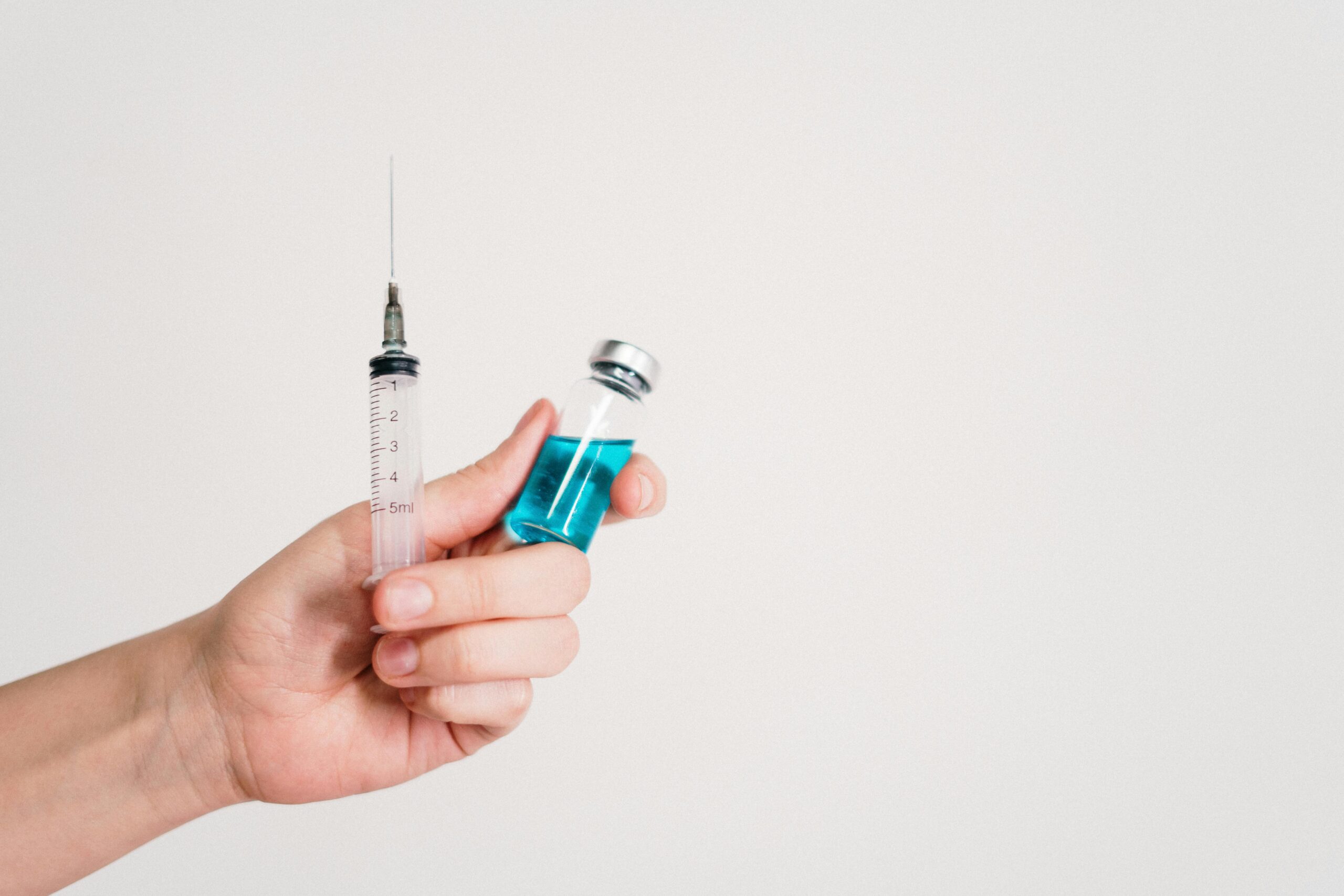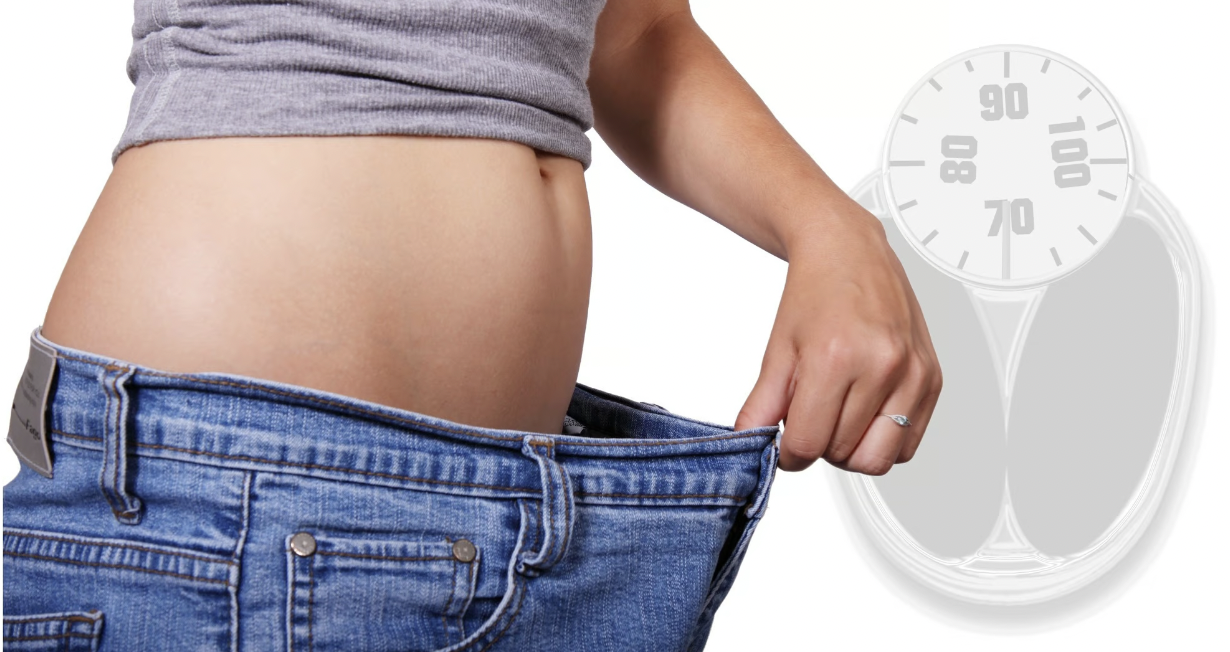Noticed some extra hair in your brush lately, or maybe your hairline seems to be playing a game of ‘back it up’? Many of us start noticing these changes and wonder what’s going on. It’s like one day, your hair decides to take a vacation without you.
And in your quest for answers, you’ve probably heard someone blame it on testosterone. Yes, the same hormone that’s celebrated for its role in building muscle and boosting energy levels is now being eyed as the culprit behind hair loss. But does low testosterone cause hair loss, or is there more to the story?
Let’s get one thing straight: your hair’s health and its ups and downs are a big deal, and they deserve attention. The whole debate can feel like a maze of scientific jargon and conflicting information. But don’t worry, we’re here to walk through this maze together, in plain English, and find out what’s really happening.
Ready? Let’s go!
What Is Testosterone?
Testosterone is the star of the show in many gym ads and the silent whisper behind many health trends. But what is it, really?
Testosterone is a hormone that’s often associated with masculinity, but here’s a fun fact: both men and women produce it. Yes, ladies, you too!
It plays a crucial role in developing male reproductive tissues, sure, but it also contributes to:
- Muscle mass
- Bone density
- The regulation of mood
For men, testosterone helps with the development of everything from facial hair to deeper voices during puberty. For women, while the levels are much lower, it’s still vital for bone strength and sexual well-being. Think of testosterone as the body’s natural balance wheel, keeping a variety of systems in check.
Navigating the Testosterone Tide
So, what’s considered “normal” when it comes to testosterone levels? Testosterone levels in men typically range from about 300 to 1,000 nanograms per deciliter (ng/dL).
For women, it’s usually between 15 to 70 ng/dL. But here’s where it gets interesting; these levels aren’t static. Just like the tide, they can rise and fall, influenced by factors such as:
- Age
- Health
- The time of day (they’re usually highest in the morning)
As we age, it’s natural for testosterone levels to decline. This is a normal part of aging, but sometimes, the drop can be more dramatic, leading to what’s known as low testosterone, or “low T.”
Symptoms of low T might include fatigue, mood changes, and yes, changes in hair growth or health. But, and it’s a big but, low T doesn’t automatically mean your hair will pack its bags and leave. The relationship between testosterone and hair is like a mystery novel with a lot of twists and turns.
The Truth About Testosterone and Hair Loss
Before we dive into the deep end of testosterone and its effects on hair, let’s set the stage by understanding how hormones, in general, influence hair growth. Every hair on your head has its own life cycle, and hormones act like directors of this cycle, influencing every act from growth to rest, and eventually, fall.
Hormones communicate with hair follicles, the tiny structures in the skin where hair begins its journey, with messages that can either boost hair growth or signal it’s time for the hair to take a bow and leave the stage.
Hair follicles aren’t just passive bystanders; they’re highly responsive to hormonal signals. For instance, androgens (a group of hormones that includes testosterone) can shorten the hair growth cycle, leading to thinner, shorter hair and eventually, less hair coverage.
But it’s not just about the amount of testosterone; it’s also about how sensitive your hair follicles are to these hormonal cues. Some folks have follicles that are like hormone whisperers, picking up even the slightest signals and reacting accordingly.
Now, on to the star of our show: testosterone. You might think that more testosterone means more hair, right? Not quite. It’s a bit more complicated.
Testosterone itself isn’t the direct cause of hair loss; instead, it’s a derivative of testosterone called dihydrotestosterone (DHT) that plays the lead role in this drama. DHT is formed when testosterone is converted by an enzyme called 5-alpha reductase, and it has a stronger affinity for hair follicles. High levels of DHT can shrink hair follicles and shorten the hair growth cycle, leading to hair loss.
Does Low Testosterone Cause Hair Loss?
The plot thickens here. While it’s tempting to point fingers at low testosterone as the villain in hair loss, the reality is that the causes of hair loss are more closely related to the sensitivity of your hair follicles to DHT rather than the overall level of testosterone.
In fact, individuals with high testosterone levels can experience hair loss if their follicles are particularly sensitive to DHT.
Research has shown that the relationship between testosterone, DHT, and hair loss is complex. While high levels of DHT (stemming from testosterone) are associated with hair loss in people sensitive to it, simply having low testosterone doesn’t guarantee your hair will stay thick and lush.
Studies indicate that the balding process is more about genetic predisposition and the follicular sensitivity to DHT than the amount of testosterone coursing through your veins.
Beyond Testosterone: The Hair Loss Puzzle
While testosterone and its potent derivative DHT steal the spotlight in discussions about hair loss, the story doesn’t end there. Like any good mystery, there are multiple suspects and various factors at play.
Imagine your body’s hormonal system as an intricate network, much like the internet, connecting different sites (in this case, organs and systems) with vital information (hormones). When this network experiences a glitch, such as with thyroid hormones, the effects can ripple out, impacting your hair among other things.
An overactive or underactive thyroid can lead to hair that’s thinner and less cooperative, as if it’s suddenly decided to rebel against your styling efforts.
Cortisol, the infamous stress hormone, is another player. Think of it as the overbearing boss that puts too much pressure on your hair follicles, pushing them into a premature resting phase.
The result? More hair in your brush and a less happy you. It’s a stark reminder of how interconnected our stress levels and hair health can be.
Lifestyle’s Role: It’s Not Just What’s Inside
Turning the lens towards our daily habits and choices, it’s evident that our lifestyle plays a starring role in the hair health drama. Nutrition takes center stage here. Your hair craves a balanced diet:
- Rich in proteins
- Vitamins
- Minerals
Much like a plant needing sunlight and water to thrive. Skimp on these essentials, and you might find your hair thinning or weakening.
Sleep and stress are critical plot points in your hair’s story. Insufficient rest is like skipping rehearsals for a play. It leads to a lackluster performance, or in this case, lackluster locks.
Managing stress is equally important, as high-stress levels can directly contribute to hair shedding, making relaxation techniques good for your mind and your hair.
And how about the physical stuff, the way you treat your hair daily? Overstyling, harsh chemicals, and tight hairstyles are the antagonists in this tale, potentially leading to damage and hair loss.
Treating your hair with care, opting for gentle styling methods, and giving it a break from the heat and tension can help protect your hair’s integrity.
Managing Testosterone Levels and Hair Loss
As we’ve journeyed through the complexities of testosterone’s relationship with hair, it’s clear that while not the sole villain, it plays a significant role in the narrative of hair health. But the story doesn’t end there; there are proactive steps we can take to manage testosterone levels and address hair loss.
Think of your body as a high-performance vehicle. What you fuel it with can significantly affect its performance, including testosterone production. Foods rich in Vitamin D, zinc, and Omega-3 fatty acids can support healthy testosterone levels.
Fatty fish like salmon, leafy greens, avocados, and nuts are also fuel for your body’s hormone factory. Incorporating a balanced diet can naturally help maintain your testosterone at healthy levels, potentially impacting your hair’s health positively.
Regular exercise, especially strength training and high-intensity interval training (HIIT), has been shown to boost testosterone levels. But it’s not just about hitting the gym; reducing stress through practices like yoga or meditation can also help.
Chronic stress elevates cortisol levels, which can negatively impact testosterone levels. By finding ways to relax and unwind, you’re not just doing your mind a favor but possibly your hormones and hair as well.
Unraveling the Mystery: Does Low Testosterone Cause Hair Loss?
The question, “Does low testosterone cause hair loss?” reveals a complex interplay of hormonal balance, genetics, and personal health practices.
At Evolve, we’re dedicated to guiding you through this journey. Our mission is to empower you to live a happier, healthier, and more productive life by providing outstanding care and support. With a commitment to safety, quality, and an exceptional experience, we’re here to help you take control of your health and achieve your goals.
Let’s evolve your health journey together; book an appointment for testosterone therapy today!




